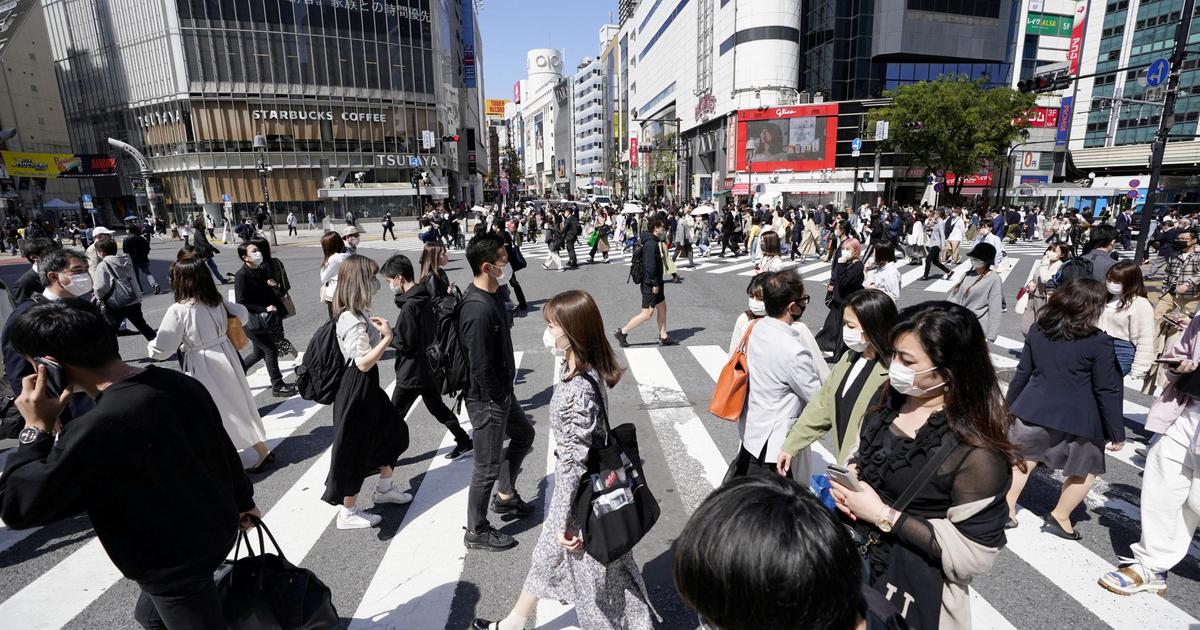Cell infected with the coronavirus: Despite reinfections, there is still hope for a vaccine
Photo: Science Photo Library / imago imagesOn Monday it became known that a man from Hong Kong had apparently contracted the Sars-CoV-2 coronavirus twice. Four and a half months after his first infection in March, he was tested positive a second time, this time with a different virus strain (read more here).
So far, the report has not been published in a specialist journal by researchers from the University of Hong Kong, only excerpts from the study are known, and the World Health Organization (WHO) also commented on the case on Monday.
The discovery raises questions: Will it ever be possible to suppress the virus at all if people who were previously infected can become infected again? And what do reinfections mean for a vaccination?
Reinfections also in Belgium and the Netherlands
So far, the significance of these cases is still unclear. "The fact that someone shows up with a new infection doesn't make me nervous," said the Dutch virologist Marion Koopmans from the Erasmus University Medical Center in Rotterdam on the Dutch radio on Tuesday. "We have to see how often that happens."
After the Hong Kong case became known on Monday, virologists from the Netherlands and Belgium reported that they had also observed reinfection each. Koopmans told, for example, of an elderly patient with a weak immune system who was infected twice with different strands of Sars-CoV-2. However, these cases have not yet been published in a specialist journal.
Doctors had previously reported on patients who had tested positive again some time after their first corona infection. However, experts suspect that in these cases the first infection was usually not completely cured and that exactly the same virus spread again in the body after a while. It is then not a new infection (read more about this here).
But she is not surprised that there are also cases in which patients have actually become infected again, said Koopmans. "Other respiratory infections are known to have no lifelong protection, and we don't expect that from the new coronavirus either." In order to assess what role the phenomenon plays in the spread of the virus, it must now be investigated whether it is individual or a more common phenomenon.
"The report from Hong Kong was not news to us, because we had such a case in Belgium as well," said virologist Marc Van Ranst from the Catholic University of Leuven in Belgium in a television report reported by Reuters news agency.
He expects that more similar experiences from virologists will become known in the coming days. "The cases could be exceptions, but there isn't just one," said Ranst. That is not good news.
However, the Belgian virologist also emphasized that it must first be checked how often new infections are after several months. So far, there are more than 23 million confirmed Sars-CoV-2 infections worldwide and only three known cases in which infected people later became infected with a different strain of the virus.
Initial infection, perhaps protection against a severe course
The case in Belgium was a woman who initially contracted Covid-19 in the second week of March, and the virus was detected in her a second time in June, said Ranst.
Her body may have produced too few antibodies after the first infection to prevent a second infection. It is conceivable, however, that the previous infection at least mitigated the course of the disease of the second.
The Hong Kong case also provides indications of this. With the second infection, the patient there had no symptoms, but was randomly tested for the virus after a trip to Spain. Further investigations must first show whether the previous infection was decisive for the mild course or there were other reasons.
"It is not known whether a person infected for the second time is reliably protected from a serious course of the disease," said Kelvin Kai-Wang To of the University of Hong Kong, who supervised the case there, according to the AP news agency.
At the very least, it is conceivable that the immune system will find it easier to develop suitable antibodies against a similar virus strand after the first infection.
No exclusion criterion for vaccination
Viruses change over time and different strands circulate is normal. For this reason, new vaccines against flu have to be developed every year. Coronaviruses such as Sars-CoV-2 mutate, according to current knowledge, but much more slowly.
"It is not clear how much the virus has to differ from the variant of the first infection for a second infection to be possible," said To. However, the observations at least suggested that people who were already infected should keep to distance and hygiene rules to be on the safe side.
A vaccine remains conceivable despite the individual cases that have now become known. "The immunity produced by vaccination may be different from that produced by infection," said To. How reliable the vaccines are must be evaluated in studies with the respective active ingredients.
Icon: The mirror








